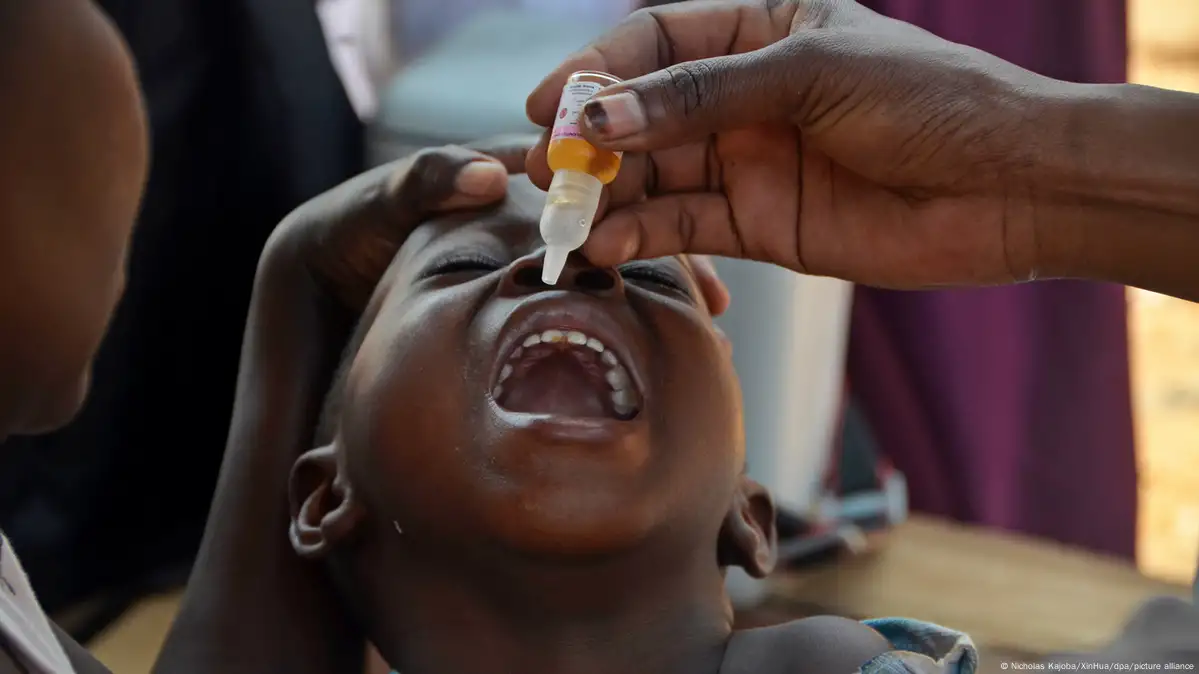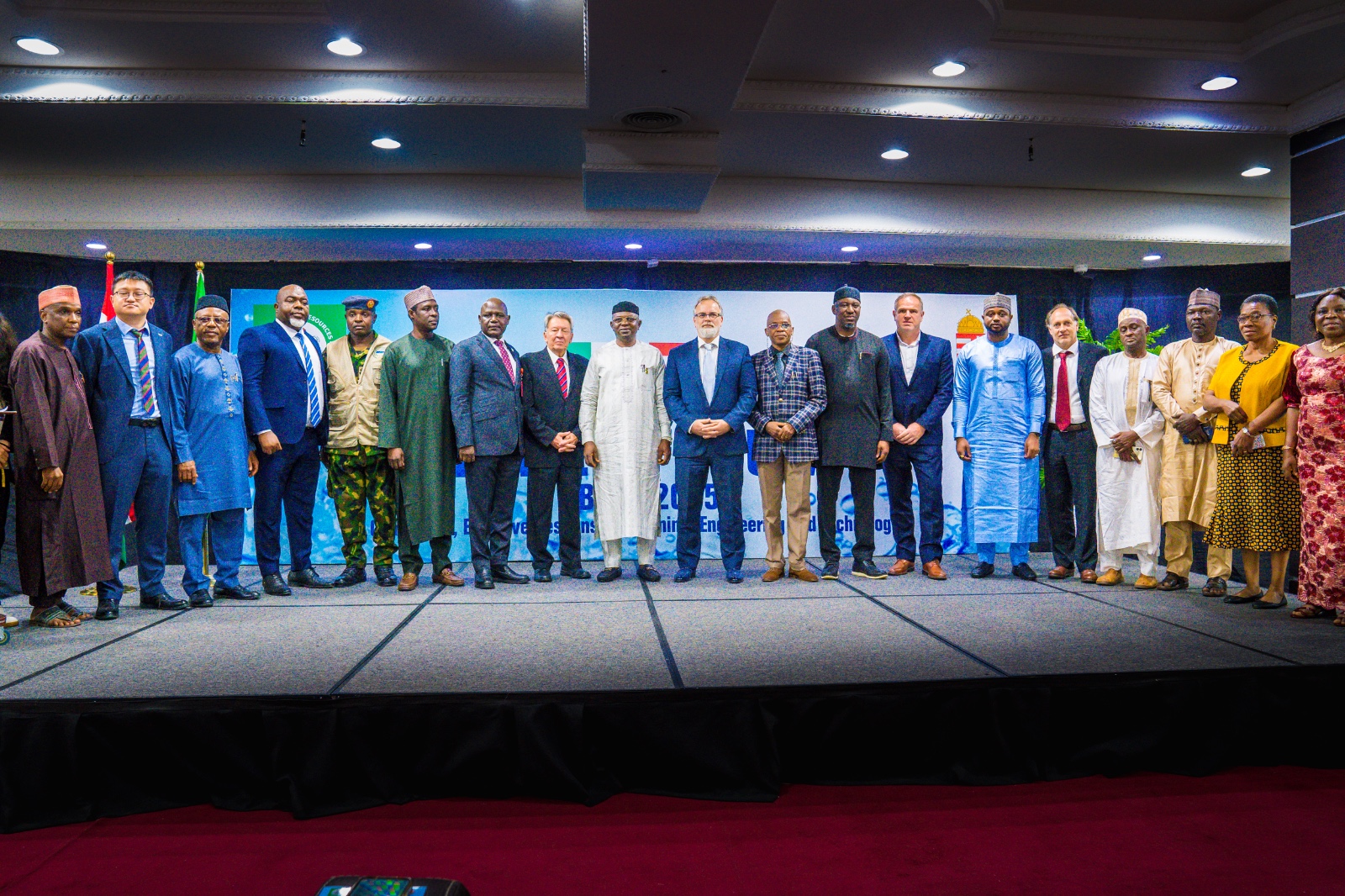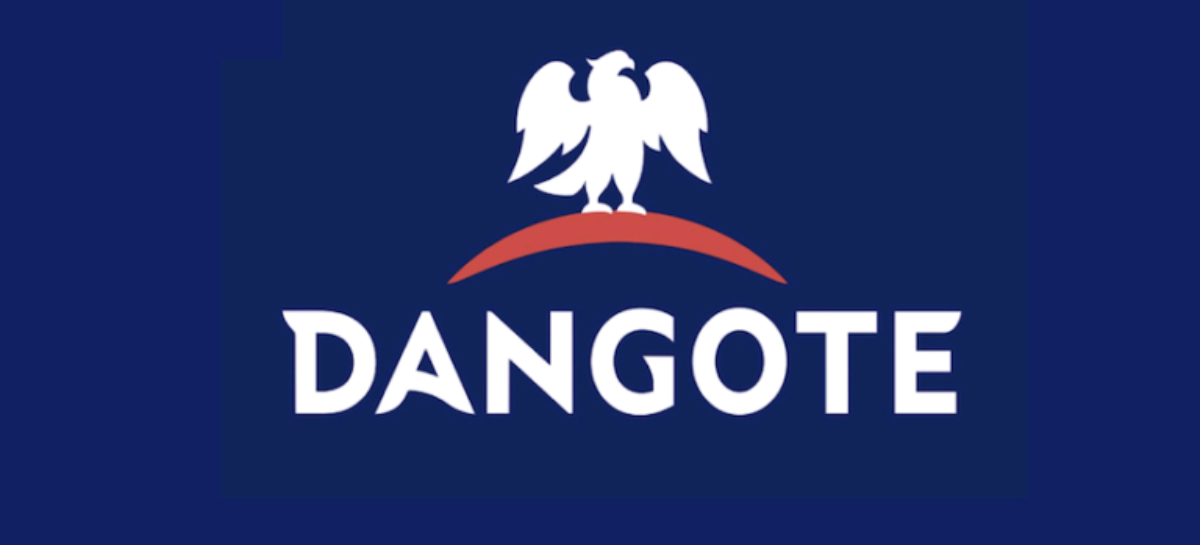World Polio Day 2024: WHO’s Call for Advancement in Polio Vaccines Surveillance Across African Regions

The World Health Organization (WHO) has underscored the imperative of prioritizing Polio vaccination efforts throughout the African continent.
WHO has emphasized the necessity to bolster surveillance, particularly in underserved areas, and expedite the response to any new detections. Equally crucial is the escalation of high-quality vaccination campaigns.
In a statement by the Regional Director, Dr. Matshidiso Moeti, on World Polio Day 2024, it was articulated that this day signifies a critical juncture in the mission to eradicate polio. “While we are closer than ever to a polio-free Africa, there is still much work to be done.”
“As I contemplate my impending transition from the position of World Health Organization’s Regional Director for Africa, I find myself reflecting on our arduous battle against polio. This reflection encapsulates not just a decade of trials and triumphs, but a contemplation on the resilience of the human spirit to overcome adversity through shared purpose and unwavering commitment.
“It is a journey defined by the determination of myriad individuals across the continent – governments, healthcare professionals, and communities – who have brought us nearer to the aspiration of an Africa liberated from all forms of polio, a virus capable of inducing paralysis and death within days.
“This year, our region has achieved significant milestones, including the remarkable success of Madagascar, which has now surpassed a full year without detecting circulating variant poliovirus type 1 (cVDPV1). In Southern Africa, we have concluded the imported wild poliovirus type 1 (WPV1) outbreak that was declared in 2022.
“The swift and coordinated efforts of Malawi, Mozambique, and neighboring countries Tanzania, Zambia, and Zimbabwe are a source of inspiration. These accomplishments underscore the power of collective action, the resilience of our communities, and the unwavering dedication of frontline healthcare workers.
“The data similarly corroborate these outcomes. Comparing statistics from 2023 and 2024 (as of August 31 for each year), cVDPV1 detections have plummeted by 96%, while cVDPV2 detections have decreased by 65% in the African Region.
It is crucial to acknowledge that countries in the Lake Chad Basin and Sahel have united to confront a persistent challenge: the ongoing transmission of circulating variant polio type 2 (cVDPV2).
“Despite substantial exertions, the virus persists in these regions, fueled by factors such as insecurity, limited healthcare access, and extensive population mobility. In 2024 alone, a total of 134 polio type 2 detections (both environmental and in affected individuals, as of September 5th) have been collectively reported in Burkina Faso, Cameroon, Central African Republic, Chad, Mali, Niger, and Nigeria.
“Robust political commitment is indispensable in the battle against polio. Recognizing the urgent necessity for renewed collaboration, particularly along borders, governmental leaders, WHO, UNICEF, and other partners convened in July and August 2024 to formulate a coordination plan aimed at eradicating variant poliovirus in the aforementioned countries. Consequently, nearly 70 million children in high-risk areas within those nations have been immunized since the inception of this year.
“The latest assessment by the Independent Monitoring Board (IMB) of the Global Polio Eradication Initiative (GPEI) underscores the imperative of enhanced community involvement.
“In numerous regions, especially those plagued by insecurity or societal distrust, it is the community health workers who serve as the linchpin between success and failure. It is imperative that we continue to support these local heroes, ensuring they are equipped with the requisite resources and training to reach every child with life-saving vaccines.
“The rapid progression of polio diagnostics and sequencing technologies constitutes another significant stride in our eradication endeavors and beyond. Owing to ongoing training initiatives across Africa, notably in South Africa,
Ghana, Uganda, Nigeria, and Kenya, there has been an expansion in laboratory capacity. This facilitates swifter identification and response to outbreaks. While commending these advancements, it is imperative that we sustain this momentum, particularly by adapting novel methods to detect poliovirus promptly and efficiently.
Our objectives are unequivocal.
“We must maintain vigilance through robust surveillance systems, respond promptly with high-caliber vaccination campaigns, enhance routine immunization coverage, and ensure that the infrastructure of polio programs continues to benefit other public health priorities. Progress is tangible, yet setbacks are plausible when vigilance wanes.
“As I transition, I implore all governments, partners, and communities to recommit to this cause. Let us pay homage to the sacrifices and dedication of the healthcare workers, community leaders, and families who facilitate this progress.
“Our triumph is not solely Africa’s; it belongs to the world. With sustained momentum, resolute leadership, and global solidarity, a future devoid of polio is well within our grasp. Together, we can realize a world free from polio.”





